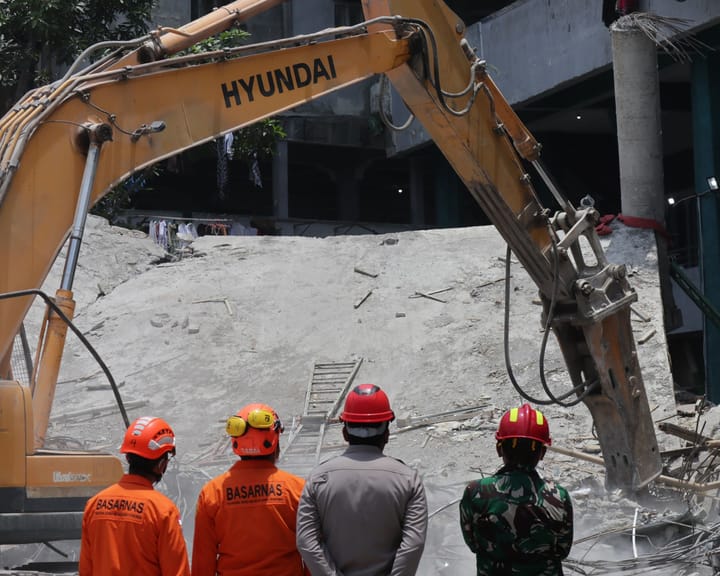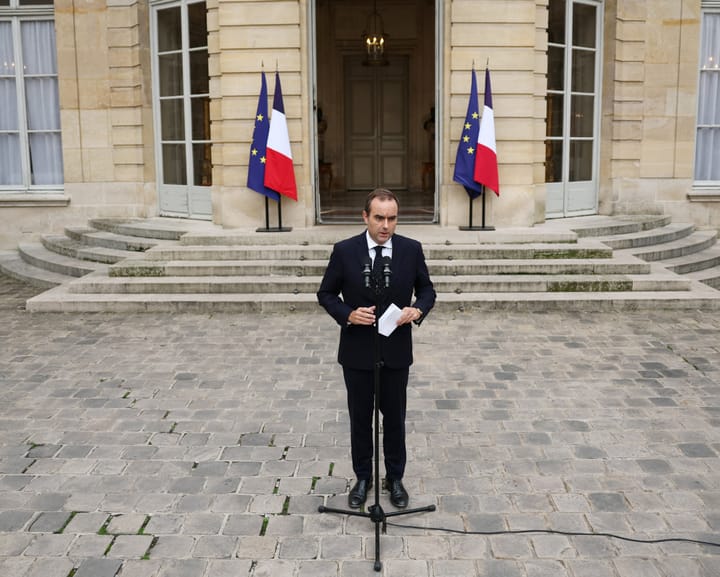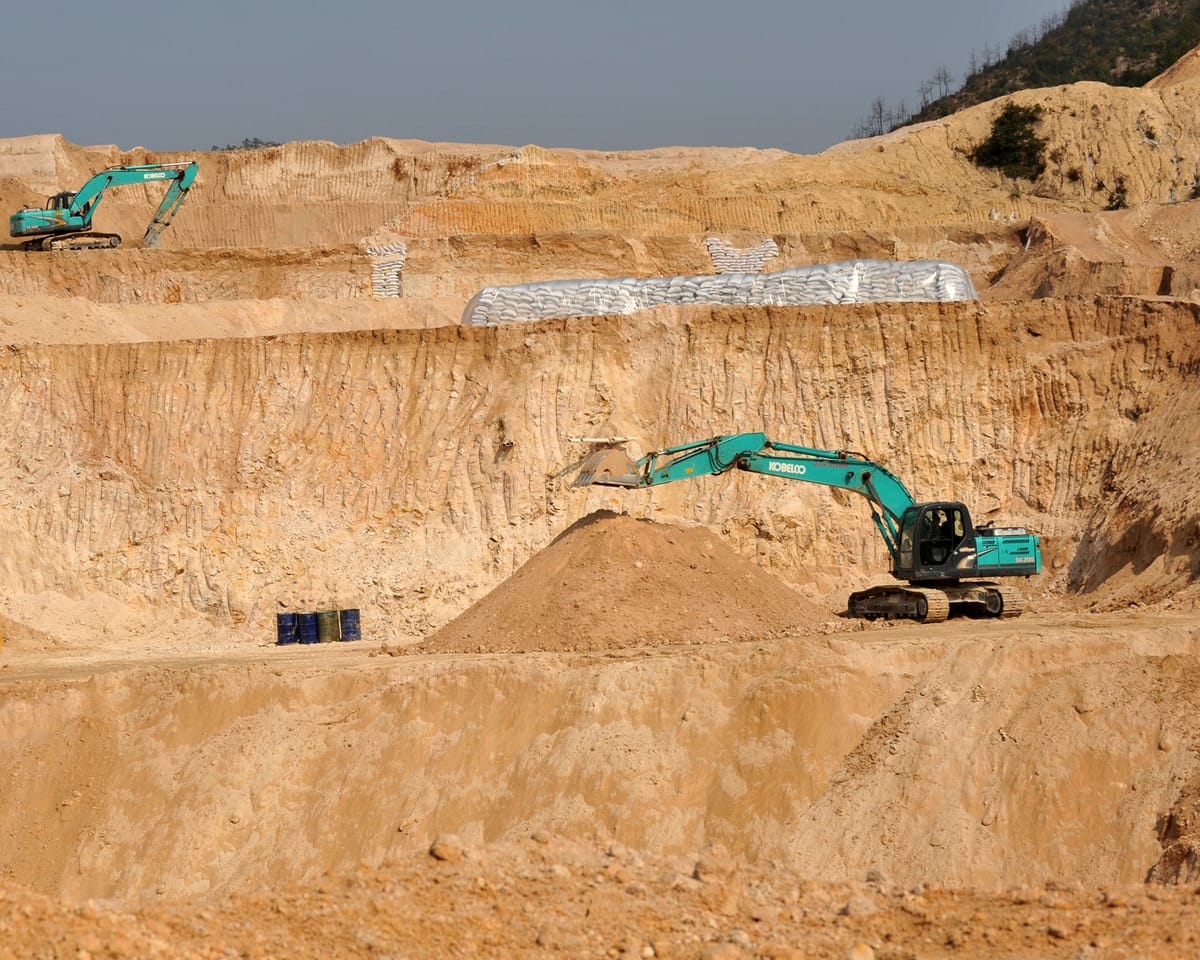China Tightens Controls on Rare Earth Exports, Citing National Security Concerns
China has introduced stricter regulations on the export of rare earths and related technologies, reinforcing its oversight of materials essential for products ranging from smartphones to military equipment.
The new rules, announced by China’s commerce ministry on Thursday, require government approval for the export of technologies involved in rare earth mining, processing, recycling, and magnet production. The ministry stated that these measures are necessary due to potential threats to national security posed by foreign military use of such exports, whether directly or indirectly. Approval may not be granted in certain cases.
The announcement comes amid ongoing trade discussions between the U.S. and China, just weeks ahead of an expected meeting between Chinese President Xi Jinping and former U.S. President Donald Trump at the APEC summit in South Korea.
Rare earths and rare-earth magnets are crucial for manufacturing consumer electronics, automobiles, jet engines, and radar systems. China dominates global rare earth production, accounting for roughly 70% of mining output and nearly all separation, processing, and magnet manufacturing.
The regulations also prohibit Chinese citizens and companies from assisting in overseas rare earth-related activities. Foreign firms using Chinese equipment or components abroad are now expected to seek authorization, though enforcement mechanisms remain unclear.
Exports containing even minimal traces of Chinese rare earths will require ministerial approval. Holders of previously issued export permits for dual-use items must submit their licenses for review.
Most of the new rules, effective immediately, build upon restrictions first introduced in April and indicate Beijing’s focus on specific sectors. Defence-related exports will not be permitted, while applications involving advanced semiconductors will be assessed individually.
The ministry accused unnamed entities of transferring rare earths and technologies abroad for military or sensitive applications, claiming such actions harmed China’s security and global non-proliferation efforts.
Rare earth supply has been a key point in U.S.-China trade negotiations. Earlier export controls, implemented in response to U.S. tariffs, caused disruptions, though recent agreements have alleviated some shortages. However, the issue remains unresolved in ongoing trade discussions.
Read next

"Indonesia school collapse: rescue efforts conclude with 67 fatalities"
Search Ends After Indonesian School Collapse Leaves Dozens Dead
Indonesian rescuers concluded their search on Tuesday for victims trapped beneath the rubble of a collapsed Islamic boarding school in East Java, after recovering more than 60 bodies, authorities confirmed.
The tragedy in the town of Sidoarjo struck last week when

"French PM makes last-ditch effort to save government as crisis deepens – Europe updates"
France's Political Standoff Continues as Prime Minister Seeks Cross-Party Support
France remains at a political stalemate as the outgoing prime minister, Sébastien Lecornu, makes a final attempt to gather support from rival parties for a new government.
President Emmanuel Macron assigned Lecornu, 39, to form a government in

"Macron calls emergency talks with parties to swiftly pick new PM"
Emmanuel Macron has called upon the leaders of several political factions to his office, urging them to demonstrate "collective responsibility" as he seeks to appoint a new prime minister amid growing political turmoil.
All parties except Marine Le Pen’s far-right National Rally, the largest opposition group, and

